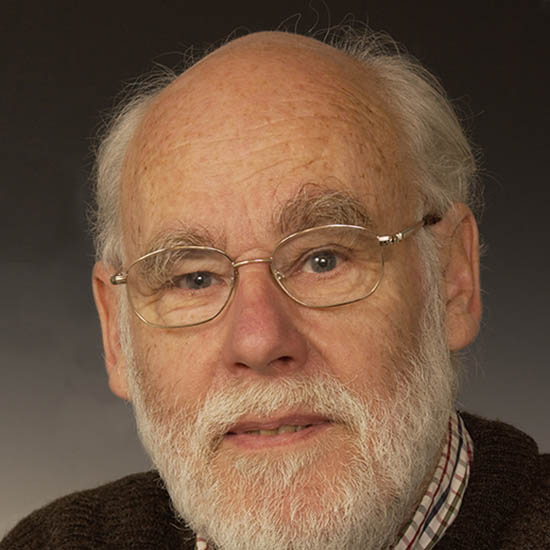Brian Charlesworth is a population geneticist who has contributed greatly to our understanding of population genetics and evolutionary biology. Through a combination of theoretical thinking and experimental analysis, he has been at the forefront of evolutionary genetics for four decades, using the cutting-edge techniques of each era to make both insightful and impressive contributions.
He is particularly noted for extending the theory of selection in age-structured populations, and applying it to the evolution of ageing and life histories. In addition, his theory of background selection describes how the removal of deleterious mutations from a population reduces genetic diversity at linked loci, helping to explain patterns of variation across the genome.
Numerous awards and honours pay tribute to Brian’s work, including the Darwin Medal of the Royal Society in 2000, the Frink Medal of the Zoological Society of London in 2006, and election to Foreign Associate of the US National Academy of Sciences in 2013. In 2015, he received the Thomas Hunt Morgan Medal of the Genetics Society of America in recognition of his lifetime achievements.
Subject groups
-
Patterns in Populations
Evolution, Population genetics
Awards
-
Darwin Medal
In recognition of his distinguished work on selection in age-structured populations, extending the theory to the evolution of ageing, and testing the theories of mutation accumulation and pleiotropy, developing models for the evolution of genetic systems, including sex and recombination, inbreeding and outbreeding, separate sexes and sex chromosomes, segregation distortion and repetitive DNA. His work is notable for the combination of incisive theoretical work with experimental analysis.

